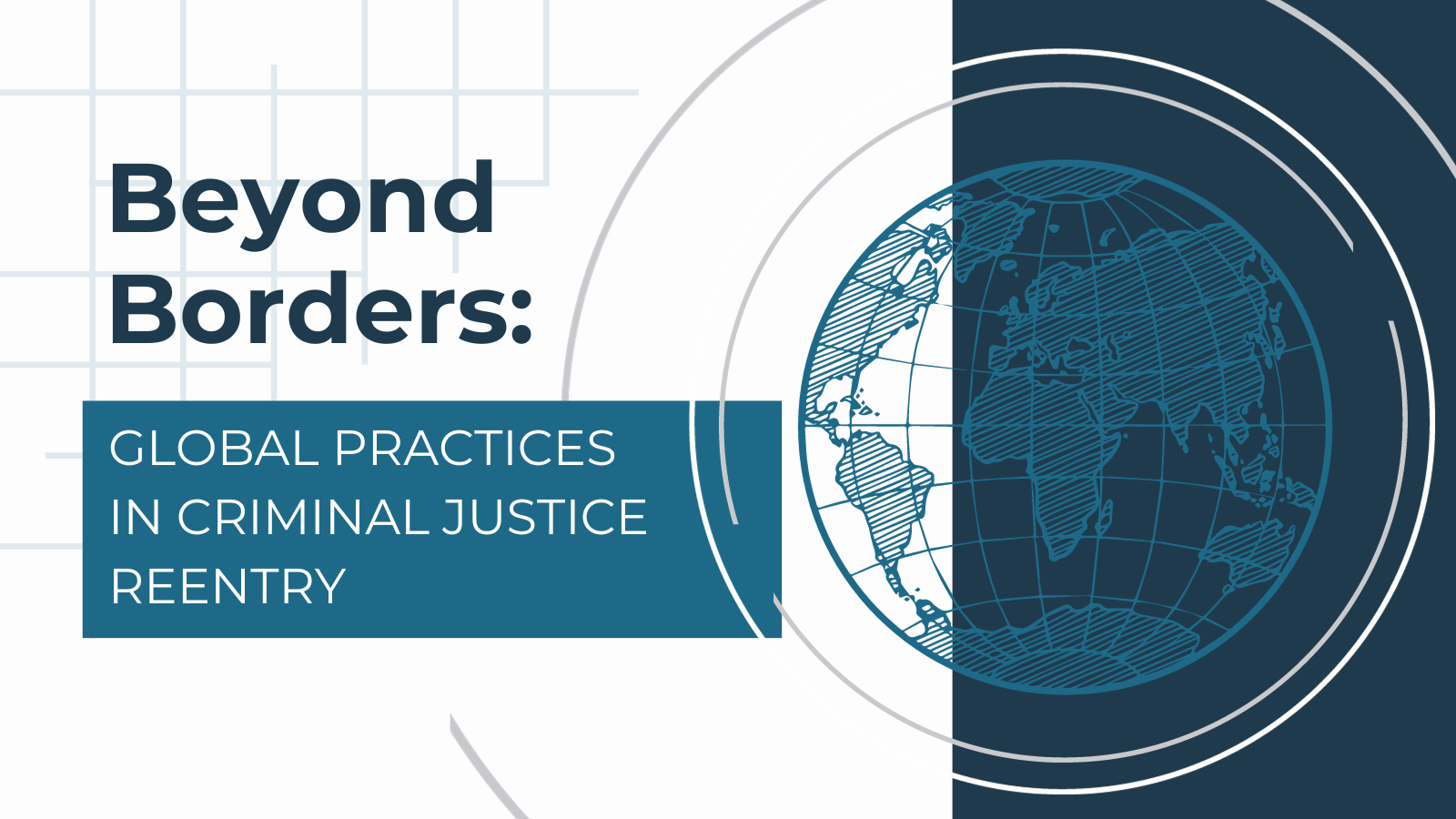Understanding the Essence of True Global Security
In an era increasingly characterized by complexity and interconnectivity, the concept of security transcends traditional notions of military preparedness and territorial integrity. True global security embraces a holistic approach, rooted in the Bahá’í teachings, which advocate for unity, justice, and a collective responsibility towards humanity. This perspective compels individuals to reframe their understanding of security—not merely as the absence of conflict, but as the presence of interwoven relationships built on trust and collaboration.
This philosophical shift challenges the very borders that separate nations, social groups, and ideologies, fostering a mindset that extends beyond mere coexistence. The Bahá’í Faith encourages adherents to recognize the intrinsic link between personal and global security, positing that the well-being of each individual contributes to, and is a determinant of, collective peace.
**The Interconnection of Humanity**
Centrally to Bahá’í belief is the principle of the oneness of humanity. This doctrine asserts that all human beings, irrespective of national, racial, or religious affiliations, constitute a single family. Consequently, achieving true security necessitates transcending anthropogenic barriers that often lead to division. The Bahá’í teachings emphasize that the true strength of a nation lies not in its military capabilities but in the moral and spiritual upliftment of its citizens. When individuals adopt an expansive worldview, they develop a profound sense of responsibility towards others, reinforcing the interconnectedness that underpins global security.
**Justice as a Pillar of Peace**
Justice represents a fundamental tenet within Bahá’í teachings, underscoring its pivotal role in fostering enduring peace. The concept of justice is not merely an abstract ideal but a practical guiding principle that calls for fairness, equity, and the rectification of wrongs. Global security is deeply compromised when injustice prevails, as it engenders distrust and resentment among communities. Bahá’í writings espouse the promotion of justice without prejudice, advocating for the marginalized and the oppressed, thus ensuring that all voices are uplifted.
To pursue global security through the lens of justice entails a concerted effort to dismantle systemic inequities that perpetuate conflict. This may involve reforming legal frameworks, addressing economic disparities, and advocating for humanitarian initiatives that extend beyond borders. A truly secure world hinges on the collective realization that justice is the bedrock of peace, requiring every individual to engage actively in promoting equitable solutions.
**The Role of Education in Fostering Security**
Education emerges as a transformative force within the Bahá’í paradigm, serving as a catalyst for enlightenment and understanding. Education is not merely a vehicle for imparting knowledge but an essential component in fostering global citizenship. By cultivating a sense of responsibility towards humanity, education allows individuals to engage critically with the socio-political landscape and to question the status quo.
The emphasis on moral and spiritual education, alongside conventional academic learning, nurtures individuals who are not only informed but also imbued with ethical consciousness. This creates a generation capable of innovative problem-solving and conflict resolution, essential elements for cultivating a secure global environment. The Bahá’í Faith encourages the development of character alongside intellectual prowess, supporting a vision of security that is informed by both wisdom and compassion.
**Unity in Diversity: A Pathway to Collaboration**
The principles of unity and diversity are pivotal in constructing frameworks for global security. The Bahá’í teachings advocate for recognizing and celebrating the rich tapestry of diverse cultural perspectives. This diversity is not a source of division but a potential wellspring of strength when channeled productively. Thus, the ability to appreciate differing viewpoints is essential for diplomacy and international cooperation.
Encouraging dialogue among diverse groups cultivates mutual respect and understanding. Initiatives aimed at fostering intercultural exchanges can dismantle preconceived notions and ease tensions. Collaborating across borders to achieve common goals—whether in education, economic development, or environmental sustainability—illustrates that security can be achieved through cooperative endeavors. The premise is simple yet profound: in recognizing our shared humanity, we can lay the foundation for a world devoid of barriers.
**The Impact of Spiritual Principles on Global Security**
Spiritual principles play an indispensable role in steering humanity towards a more secure future. The Bahá’í teachings advocate for the cultivation of virtues such as love, compassion, and forgiveness, which offer profound alternatives to fear and aggression. Engaging in spiritual practices cultivates inner peace, thereby creating ripples of tranquility that extend outward to influence the broader world.
Such principles fundamentally challenge the paradigms that underpin militarism and conflict. When individuals embrace a spiritual worldview that prioritizes the welfare of others, they contribute to a culture of peace and cooperation. This transformative approach leads to the emergence of grassroots movements advocating for disarmament, reconciliation, and restorative justice, all crucial components in the quest for true global security.
**Conclusion: A Call to Action**
The vision of true global security—anchored in the teachings of the Bahá’í Faith—invites each individual to partake in a collective journey towards a more harmonious world. It necessitates a shift in perspective, a re-examination of entrenched beliefs, and an unwavering commitment to unity in diversity. As the global landscape evolves, the call for security must evolve likewise, transcending inherited boundaries and fostering a narrative that champions collaboration and justice.
To answer this call is to engage actively in diverse pursuits that nurture respect, engender trust, and bridge divides, ultimately culminating in a world where security is not an elusive ideal but a shared reality. In acknowledging the interconnectedness of humanity, individuals can contribute meaningfully to the advancement of society, ensuring that the legacy of security is not confined by borders or barriers but emboldened by a unified vision for all.
